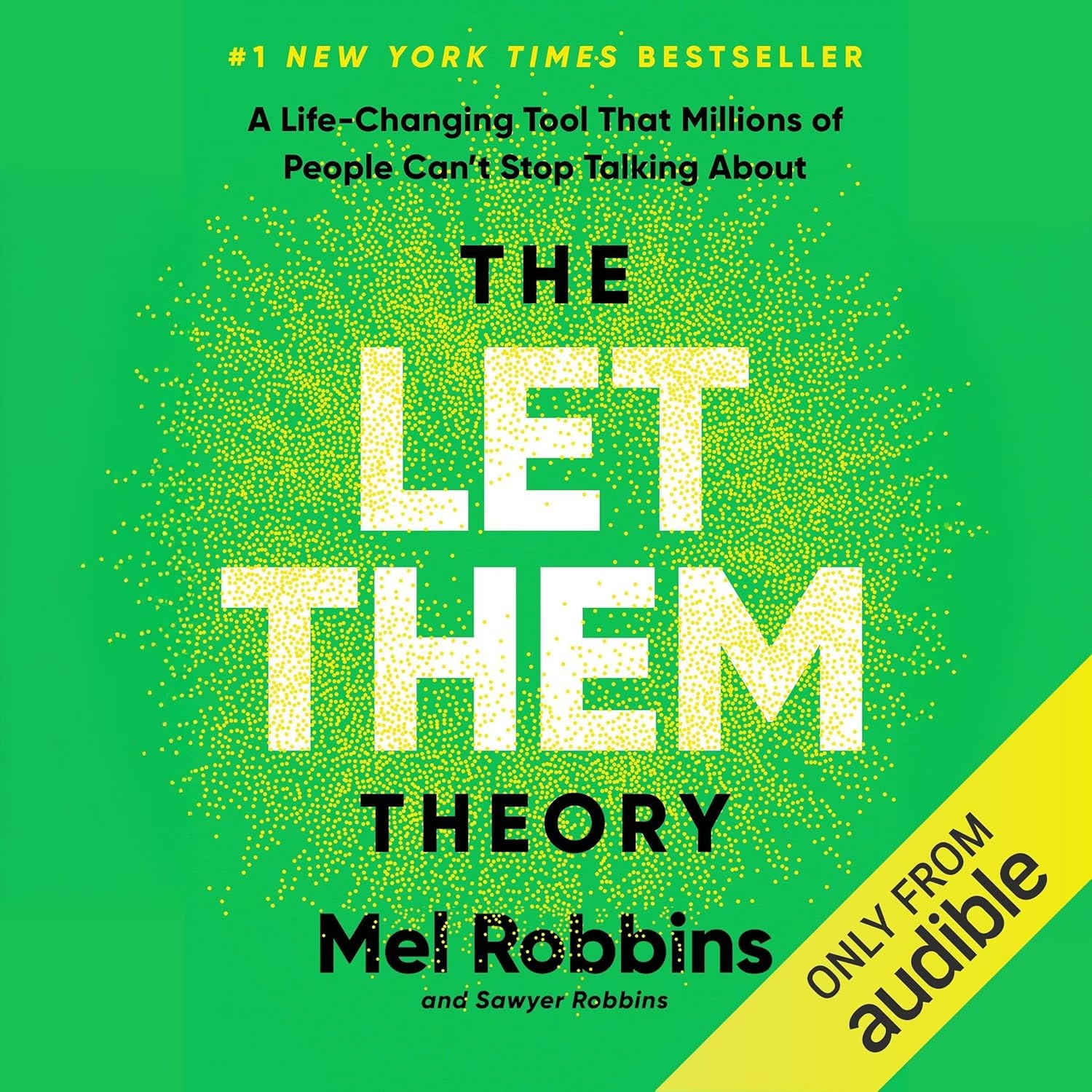![]() My upcoming novel, The K Street Affair, examines the premise that a multinational mega-corporation, acting with the blessing of several high ranking powerful government officials, stages a violent conflict for purposes of profiteering.
My upcoming novel, The K Street Affair, examines the premise that a multinational mega-corporation, acting with the blessing of several high ranking powerful government officials, stages a violent conflict for purposes of profiteering.
War profiteers in literature are hardly a new concept. Rhett Butler and Milo Minderbinder leap to mind as brilliantly crafted classic examples of the type.
What I find fascinating is the idea that we’ve allowed corporations and their leaders to grow so cozy with certain politicians that it’s no longer difficult to imagine those same politicians could forget for whom they work – with potentially devastating consequences.
When I penned the first draft of The K Street Affair, I worried that a thread about a nationally prominent politician hiding large sums in offshore shell companies, for tax avoidance and money laundering purposes, would strain credulity.
Then along came Mitt Romney, an actual candidate for president credibly suspected of stashing unknown sums in the Caymans, Switzerland and Bermuda, so he could shirk his civic duty to pay his fair share to the country that enabled his financial success – and perhaps for other reasons as well.
I started to worry that my novel might not seem far-fetched enough.
It’s entirely possible that Mr. Romney’s network of trusts and shell corporations, unlike my fictitious Vice President Prescott’s, do not invest in, or funnel money to, any interests adverse to the United States.
But until Mr. Romney discloses at least a decade’s worth of complete tax returns, the public won’t know for sure what lies locked away in those vaults in paradise. I find such lack of transparency by a man seeking the highest office in the land abjectly terrifying.
I’m often asked whether I worry about turning off potential readers by speaking so bluntly about my politics.
I don’t.
On the contrary, when one political party veers so far to the right as to tell the public that its standard bearer’s investment priorities are none of our business; and when that party sees no problem with offering tax breaks to corporations whose chairmen freely admit to acting against U.S. interests; and when the far right revels in its repugnant orgy of anti-science, anti-intellectualism and anti-feminism, I believe it’s morally imperative to use my modest platform as a writer to try to call them out.
Many writers of great prominence use fiction as a vehicle to spur discussion of social and political change, and I’m proud, at this very early stage in my career, to aspire to their ranks. John Grisham, for example, has spoken out eloquently against the death penalty and the election of judges, both in his fiction and elsewhere. Margaret Atwood has penned damning depictions of big agribusiness and big, corporate-sponsored government alike.
The teen love triangle of Suzanne Collins’s mega hit The Hunger Games is actually nothing more than a subplot in a dystopian novel for the ages. Her portrayal of a society where power and resources are concentrated in the hands of a tiny minority will haunt future generations of readers long after today’s teens stop advocating for Team Peeta or Team Gale.
I’m an optimist. I still cling to the hope that The K Street Affair is the far-fetched suspense caper I set out to write, instead of a harbinger of darker days ahead.




Very interesting blog post; while my politics don’t necessarily mesh with yours, I agree wholeheartedly with the idea that fiction like yours can be a wonderful basis for creating discussion of important topics (“spurring discussion of social and political change”, to use your phrase). Anything that furthers conversations and makes people think & question our world is worthwhile. Good luck with your new book!
Thanks very much, Pamela.
I believe so many “commercial” books (i.e. those written primarily to entertain, rather than for loftier literary reasons) can make people think, even if they’re not from a “heavy” genre.
Timely & intriguing. I concur that an individual seeking an office with the most power imaginable feels exempt from the transparency of the process is baffling. I’m such a fan of The West Wing & can’t wait to pick-up the K Street Affair to glimpse how fiction mirrors politics today. Really looking forward to your second novel & to following your commentary!
Thanks so much, Emma.
I share your affection for The West Wing—I was so sad when they cancelled it.